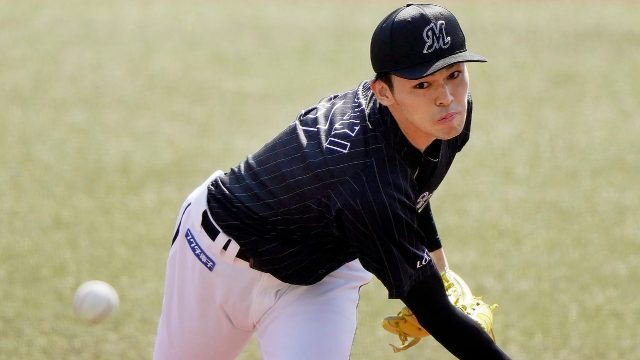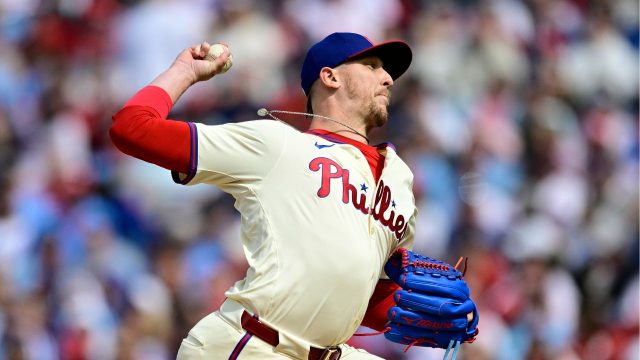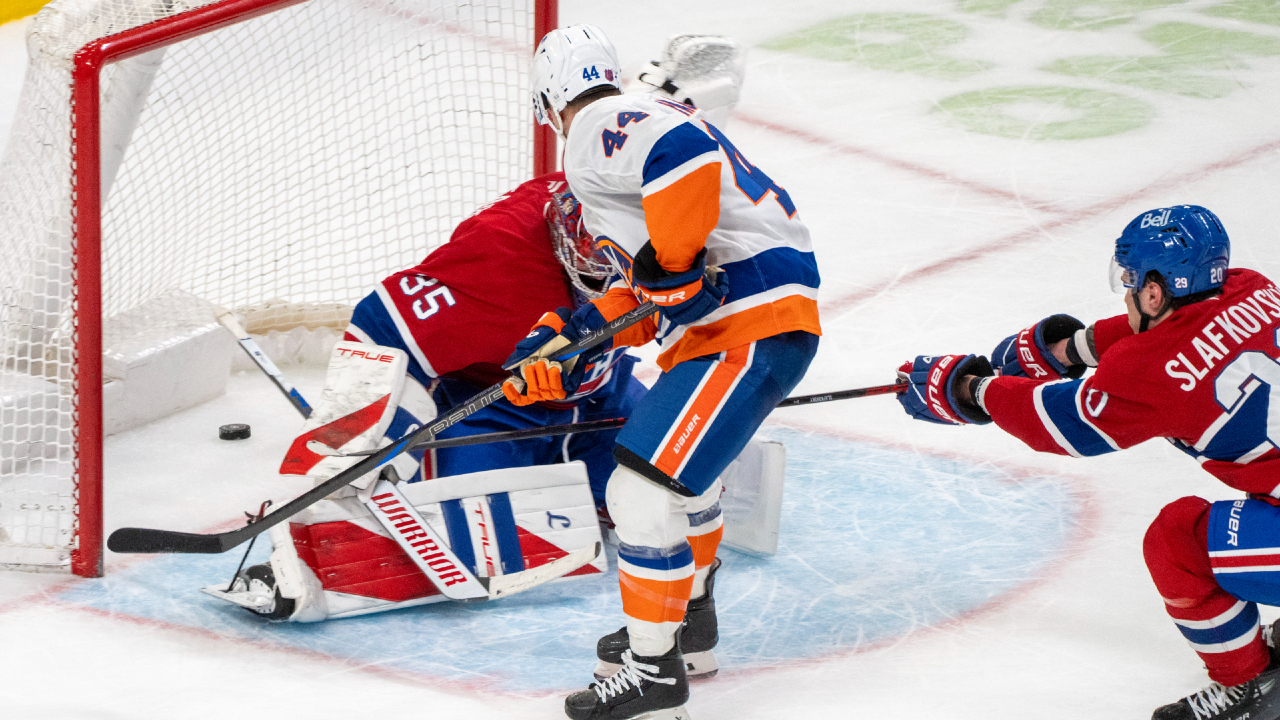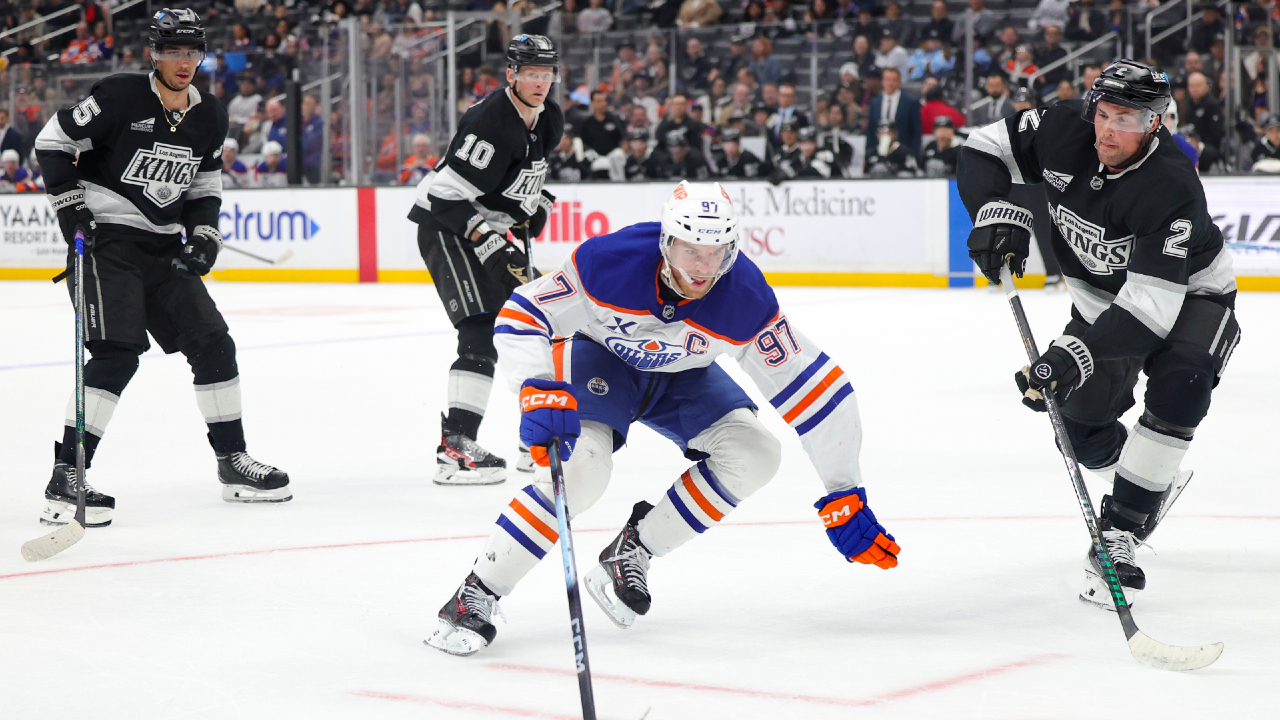
TORONTO — In these emotionally fraught times for the Toronto Blue Jays, any excitement over what’s been a good few days seems to be quickly tempered by a dose of angst.
Arbitration avoided with Vladimir Guerrero Jr.? Great, but where’s the long-term deal?
All-star reliever Jeff Hoffman signed to a $33-million, three-year contract? Um, what’s up with the other teams walking away after physicals?
Among the three finalists for Japanese right-hander Roki Sasaki, an-ace calibre talent whose acquisition-cost is capped by international bonus pool spending rules and money can’t really decide where he goes? Yeah, sure, not falling for that again after the Shohei Ohtani experience a year ago.
That’s a tough spot for the Blue Jays to be in, a byproduct of events both within and outside the club’s control, some fair, some not. Such is life on a big stage in a fractious and hyperconnected era, after consecutive post-season stumbles and a 74-88 flop in 2024.
Everyone handles stress differently, so take Monday evening’s news, broken by ESPN’s Jeff Passan, that Sasaki has narrowed his choices to the long-favoured Los Angeles Dodgers and San Diego Padres along with the Blue Jays, as it best suits you.
Working their way into the final three — an endeavour years of quiet prep work in the making — after, at minimum, getting a good look from Ohtani last winter, bodes well for the club’s ongoing attempts to establish a meaningful Pacific-Rim pipeline.
But given the instability of the roster’s core beyond 2025 — with the pending free agencies of Guerrero and Bo Bichette front and centre — the potential longer-term benefits of another podium finish is irrelevant in the here and now.
Sasaki, 23, has a chance to be transformational, partly because of a dominating fastball that sits upper-90s complemented by a wicked splitter and slider, but also because he’ll earn the major-league minimum and progress through the salary system from there.
As such, if he transitions as smoothly as expected, he’ll be among the best bargains in the game, providing the type of roster-changing financial efficiency the Blue Jays so desperately need. Given what a Guerrero extension, if completed, is expected to look like, a handful of productive young players in their entry-level pay years is essential in propping up the current competitive cycle.
So, there’s more than good reason to get excited about the possibilities.
But after the well-publicized runs at Ohtani, Juan Soto and Corbin Burnes, among flirtations with other free agents and trade candidates, came up short, how many fans want to risk getting their hopes up again?
Fatalism, after all, is a defence mechanism sports fans in Toronto know all too well and kudos to the Blue Jays for getting back in to take big swing after big swing. They’re trying in areas where they should be trying.
Eventually, though, they’re going to have to connect again, the way they did in landing George Springer, Kevin Gausman and Chris Bassitt, among others, because legacies are built on great results, not just great processes.
Which brings us to Hoffman, whose signing, after the previous additions of Yimi Garcia and Nick Sandlin, further fortifies a bullpen that declined so precipitously last year, it undermined the team’s hopes for success.
Shortly after the signing Friday, Robert Murray of FanSided was first to report that the Orioles had earlier walked away from a $40-million, three-year deal during the physical phase, while Monday afternoon, Mark Bowman of MLB.com added that a deal with Atlanta was also nixed due to a physical.
While an industry source said the Orioles made revised offers for Hoffman after the physical and that other teams were involved before the Blue Jays closed the deal, the reports are no doubt curbing some enthusiasm.
Worth remembering is that physicals are a risk-management tool for clubs and that medical staffs may sometimes differ in how they assess risk. The Blue Jays reviewed all the relevant imagery and passed Hoffman, obviously, and now we’ll see.
Of course, the Blue Jays have some history in this realm, most notably with the January 2001 trade of David Wells to the Chicago White Sox for a package fronted by Mike Sirotka, who logged 197 innings the previous season but arrived with a torn labrum in his shoulder and didn’t pitch professionally again.
Then-GM Gord Ash sought to revise or rescind the deal made with counterpart Ken Williams when the extent of Sirotka’s injury became apparent, arguing that all the information hadn’t been shared beforehand.
The dispute ended up in the commissioner’s office and Bud Selig both upheld the trade and denied the Blue Jays any relief, saying in his 14-page ruling, “the Toronto club talked directly to Sirotka about his health on the day of the trade and believed it had the opportunity to make the trade conditional. The Blue Jays never elected to do so.”
Selig also included in his report that baseball’s “‘caveat emptor’ rule,” Latin for buyer beware, “is meant to decrease the potential for disputes by placing the burden on the acquiring club to seek the medical information it feels it needs.”
That applies now, too, although not all physicals arrive at the same conclusion.
Ahead of the 2018 season, for example, the Blue Jays signed Seunghwan Oh to a $1.75 million deal with a $2.5-million club option after the right-handed reliever had a deal agreed to with the Texas Rangers fall apart due to his physical.
Oh, 35 at the time, posted a 2.63 ERA in 73 games that season, 48 with the Blue Jays before he was traded at the deadline to Colorado for three minor-leaguers — Bryan Baker, Forrest Wall and Chad Spanberger.
During the 2011 international signing period, the Blue Jays signed a teenaged Miguel Castro after the Philadelphia Phillies first walked away from a deal because of his physical.
Castro has since pitched in 419 games over 10 big-league seasons.
On the flip side, things didn’t work out nearly as well in 2021 with Kirby Yates, whose physical raised flags with both Atlanta, which walked away from a $9 million agreement, and the Blue Jays, who renegotiated a deal down to $5.5 million with performance bonuses of up to $4.5 million.
Yates blew out his elbow before the end of spring training, although he returned with Atlanta in 2023 and was an all-star last year with Texas.
The Blue Jays made a big bet that Hoffman’s signing will have a much different outcome and are now working to make Sasaki choose differently than Ohtani. With more than enough angst around the franchise surrounding Guerrero, Bichette and this window’s future, what’s a little bit more apprehension for all around?






